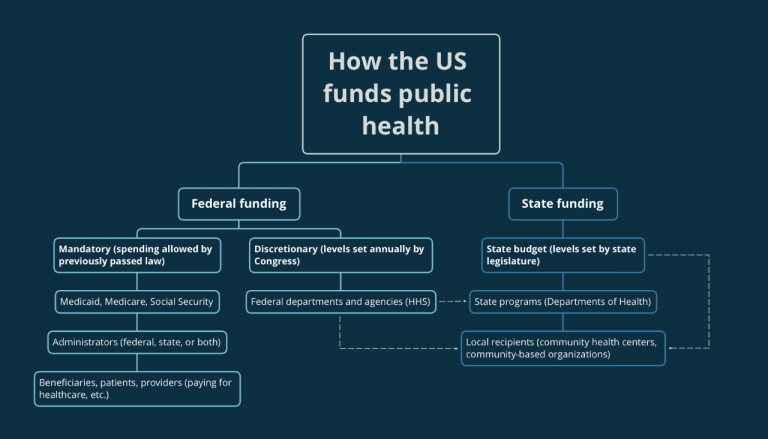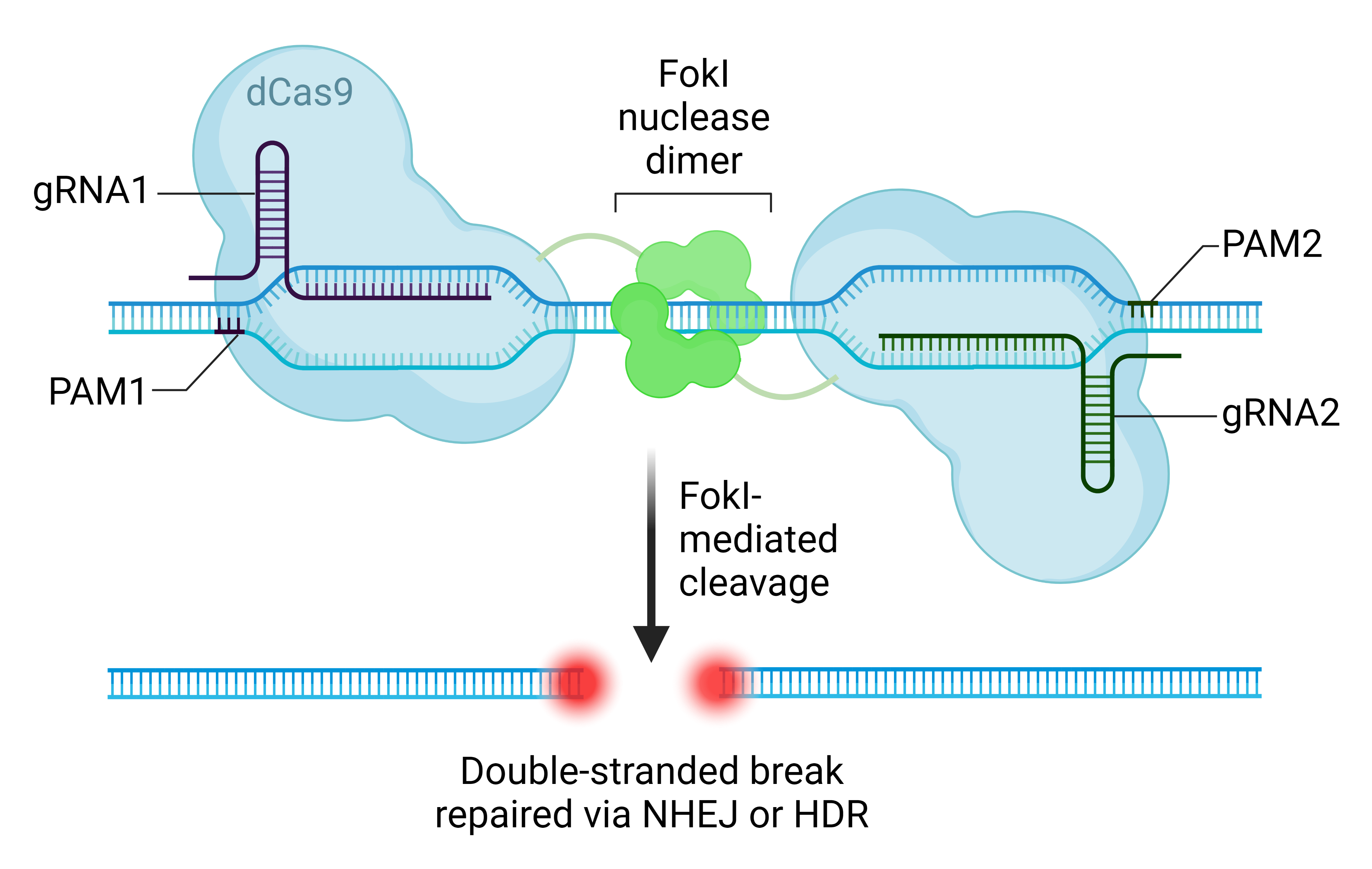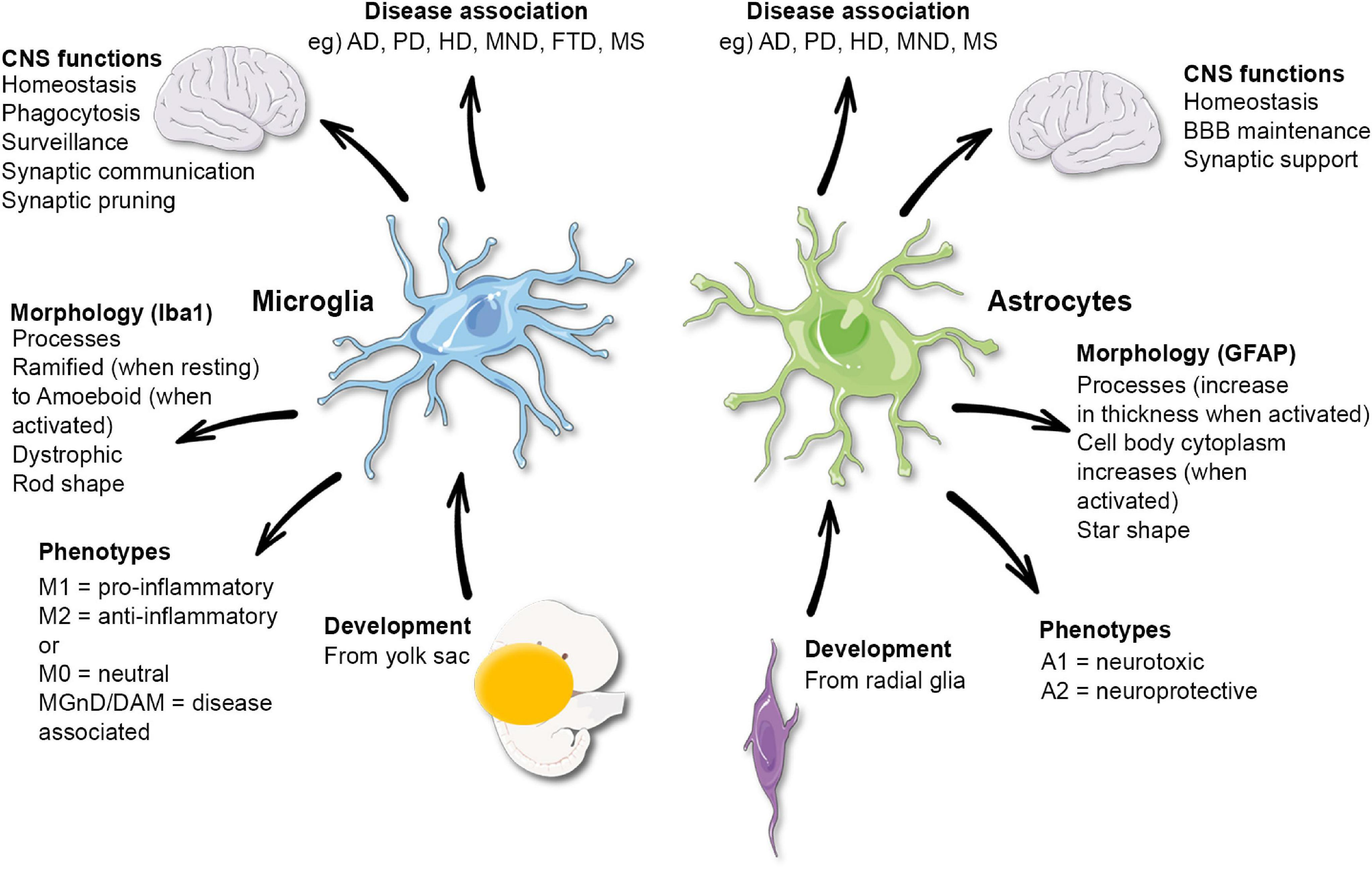Global Health: Atul Gawande’s Call to Action
Global health is an ever-evolving and critical domain that underpins the well-being of communities around the world.As articulated by surgeon and author Atul Gawande, significant shifts in health infrastructure have far-reaching consequences that can undermine global public health initiatives.
Smoking Cessation for Young Adults: FDA-Approved Solution
Smoking cessation for young adults has become an urgent public health priority, as nicotine addiction increasingly affects this demographic through vaping.Recent studies have shown that young adults and teens are especially vulnerable to nicotine dependence, often starting with flavored vapes that mask the harmful effects.
Federal Grants for Public Health Research: Why They Matter
Federal grants for public health research play a crucial role in advancing our understanding of health and disease.These grants serve as vital public health research funding, providing essential resources for innovative projects aimed at reducing cancer risk, improving nutrition, and addressing healthcare funding challenges.
Bile Imbalance Linked to Liver Cancer: New Research Insights
Bile imbalance liver cancer is emerging as a significant area of concern in the realm of hepatology, as new research highlights the crucial link between bile acids and the development of liver diseases, particularly Hepatocellular Carcinoma (HCC).Bile acids, primarily produced by the liver, play a vital role in the digestion of fats and maintaining metabolic equilibrium, but an imbalance can have dire consequences.
CRISPR Gene Editing: Balancing Promise and Ethical Risks
In the rapidly advancing field of CRISPR gene editing, unprecedented opportunities emerge alongside complex ethical dilemmas.This groundbreaking CRISPR technology allows scientists to modify genetic material with remarkable precision, holding promise for transformative medical innovations, such as sickle cell treatment.
Impact of Funding Cuts on Medical Research Efforts
The impact of funding cuts on medical research cannot be underestimated, as it disrupts the vital framework that safeguards patient safety and the integrity of clinical studies.When federal support is withdrawn, particularly through NIH funding cuts, research institutions face severe limitations in their ability to conduct essential investigations.
Synaptic Plasticity: Insights into Memory Formation Techniques
Synaptic plasticity, the brain’s remarkable ability to modify connections between neurons, plays an essential role in how learning works and is central to memory formation.Recent research has unveiled cutting-edge techniques that delve into the complexities of synaptic interactions, paving the way for breakthroughs in fields like Alzheimer’s research and dementia treatment.
Memory Formation: Insights into Synaptic Plasticity Techniques
Memory formation is a fascinating process that lies at the heart of human experience, enabling us to learn, retain information, and recall moments from our past.Recent advancements in neuroscience reveal how intricate mechanisms like synaptic plasticity play a crucial role in the development of memories.
Microglial Research: Understanding Alzheimer’s Disease Impact
Microglial research is at the forefront of understanding the brain’s immune system and its pivotal role in neurodegenerative diseases like Alzheimer’s disease.These specialized cells, known as microglia, act as the guardians of the brain, constantly surveying for signs of inflammation and damage.
Youth Well-Being: New Insights from a Global Study
Youth well-being has emerged as a critical area of concern in recent studies, particularly as researchers uncover alarming trends affecting the mental health and happiness of younger populations.A global study on human flourishing highlights the complexities surrounding youth well-being, stressing that financial security alone does not guarantee a fulfilling life.









